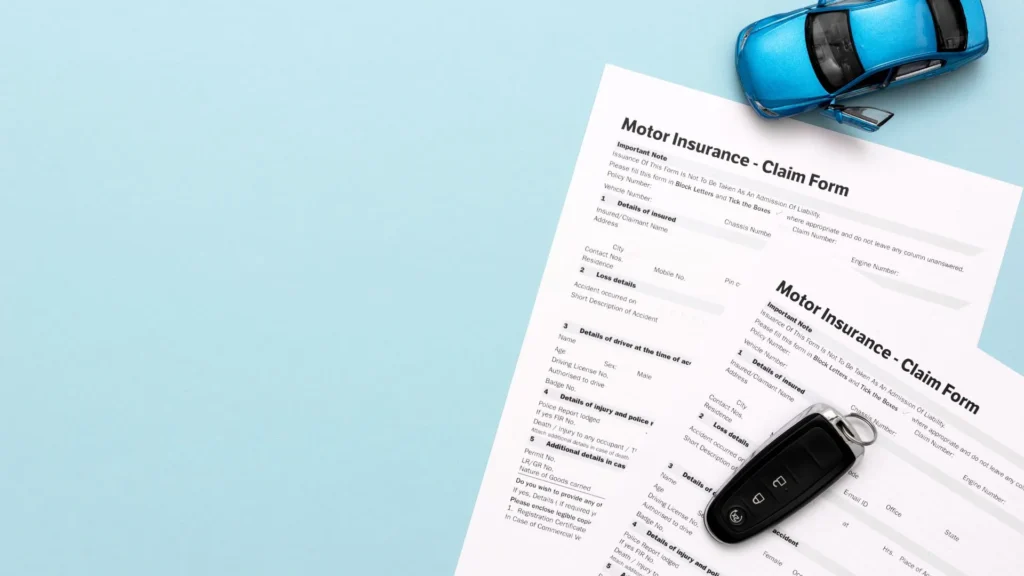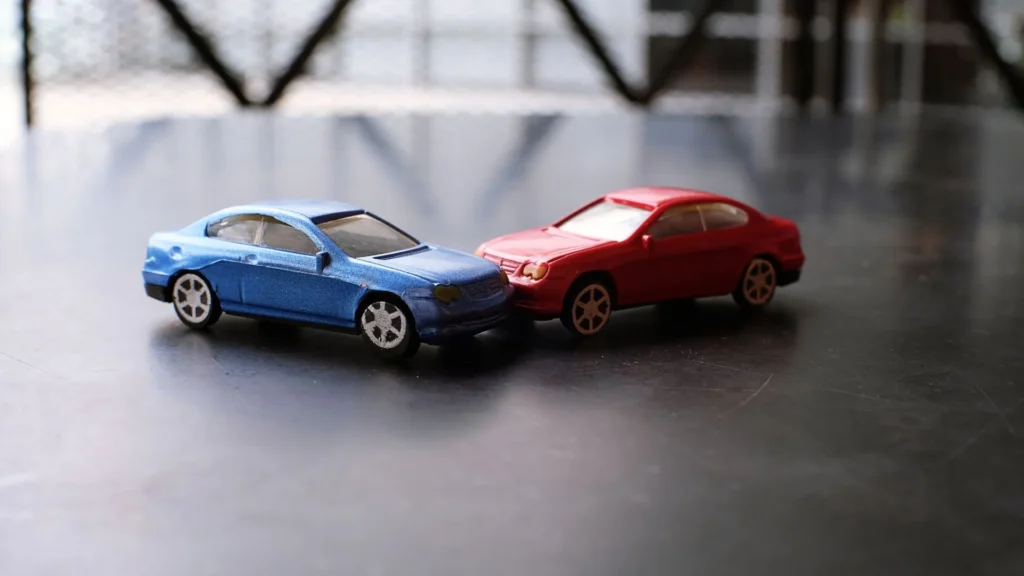Car insurance is a crucial safety net for car owners, offering financial protection against mishaps and accidents. However, when it comes to mechanic negligence, the coverage can be tricky and often depends on specific circumstances.
This blog explores whether car insurance covers mechanic negligence, shedding light on the extent of coverage, exceptions, and alternative options for car owners facing damages due to mechanic mistakes.
Does Car Insurance Cover Mechanic Negligence?
No, standard car insurance policies generally don’t specifically cover mechanic negligence. If a mechanic makes a mistake while repairing your vehicle, your insurance company might not directly pay for the damages caused by their error.
Does Gap Insurance Cover Mechanical Failure?
No, Gap insurance primarily covers the difference (or gap) between what you owe on your car and its actual cash value if it’s totaled or stolen. It typically doesn’t cover mechanical failures, including those caused by a mechanic’s mistake.
Which Mechanical Problems Does Car Insurance Cover?
Comprehensive and collision auto insurance can cover select mechanical problems tied to specific incidents. For instance, damage from accidents or collisions impacting the engine or transmission might be covered. However, general breakdowns unrelated to accidents are typically excluded.
Warranties or mechanical breakdown insurance could cover certain parts or breakdowns within specified periods. In cases where an accident directly causes engine trouble, car insurance might cover ensuing damage, subject to proof linking the accident to the malfunction.
Does “Full Coverage” Insurance Cover Engine Damage?
No, Full coverage typically encompasses state-required liability, comprehensive, and collision coverage.
However, regardless of the extent of auto insurance, engine damage remains uncovered if unrelated to incidents within the policy’s scope. Engine issues not tied to covered incidents usually fall outside the purview of full coverage insurance.
Does Car Insurance Cover Wear and Tear?
No, Car insurance commonly excludes coverage for wear and tear expenses. Routine replacement of vehicle components like wipers, filters, tires, brake pads, and belts due to wear isn’t covered by standard auto insurance, mechanical breakdown insurance, or often, even manufacturer warranties.
These routine costs usually require out-of-pocket payments by the vehicle owner.
Can My Vehicle Warranty Help?
Yes, Vehicle warranties typically span 3-6 years, offering varied coverage for different parts. It’s crucial to verify whether a repair aligns with your warranty terms.
However, warranties commonly exclude coverage for damage due to modifications, lack of maintenance, natural causes, or alterations to the vehicle. Modifying the vehicle often results in the complete voiding of the warranty.
What If a Mechanic Makes a Mistake?
When a mechanic’s work results in car repair issues, they can be held accountable if they didn’t meet the expected standards. However, the mechanic might not bear responsibility if the problem arises from unforeseen mechanical failure.
Auto mechanics must provide a “duty of care,” ensuring reasonable skill and attention in repairs. Proving a breach of this duty can hold them liable for accidents or property damage. Negligence leading to injury due to inadequate care or failure to warn about potential dangers can also make the mechanic accountable.
What to Do After a Faulty Repair
If you suspect a faulty repair or notice issues after servicing your vehicle, document the problem immediately. Contact the repair shop to discuss the problem and try to resolve it with them directly.
If unsuccessful, consider seeking legal advice or contacting your insurance provider for guidance.
When Insurance Doesn’t Work
When your vehicle sustains damage during routine services like an oil change, paint job, or due to wear and tear at a mechanic shop, your auto insurance won’t typically cover these damages.
Furthermore, your policy won’t include vehicle damage if you solely possess auto liability coverage and are accountable for an accident. Acquiring collision and comprehensive coverage within your auto insurance package is essential to safeguard your vehicle regardless of fault.
These coverages extend protection for damages resulting from accidents or other non-collision-related incidents.
What Is Mechanical Breakdown Insurance, and Does It Cover Engine Failure?
Mechanical Breakdown Insurance (MBI), akin to a service contract or warranty, is available primarily at vehicle purchase and might not apply to every car based on age and mileage.
It can be an endorsement within your auto insurance or obtained separately. MBI covers non-collision-related mechanical issues like air conditioning malfunctions. Typical coverage spans air conditioning, electrical components, engines, steering, transmission, etc.
Engine failure is generally covered, but policy specifics vary, necessitating careful review before purchase.
Also Read: Does Car Insurance Cover Electrical Problems?
Conclusion
While car insurance is essential for protecting against various unforeseen events, it typically doesn’t cover damages arising from mechanic negligence.
Understanding your insurance policy’s limitations and exploring additional options like mechanical breakdown insurance is crucial to safeguard against potential repair issues.
Always consult your insurance provider to comprehend the extent of your coverage and consider additional protections when necessary.
You might also be interested in this article:
- Does Health Insurance Cover Car Accidents?
- Does Car Insurance Cover Golf Cart Accidents?
- Does Car Insurance Cover Flat Tires
- Does Car Insurance Cover Electrical Fires?
- Does Car Insurance Cover DUI Accidents?
FAQs
Can I file a claim after my automobile has been repaired?
Indeed, after your vehicle has been fixed, you can file a claim. But you have to give the insurance company all of the bills.
How frequently may we file a car insurance claim?
Experts say there is no cap on the number of claims you may make under your auto insurance policy in a given year. You can make as many claims as necessary regularly if accidents cause damage to your car.





























